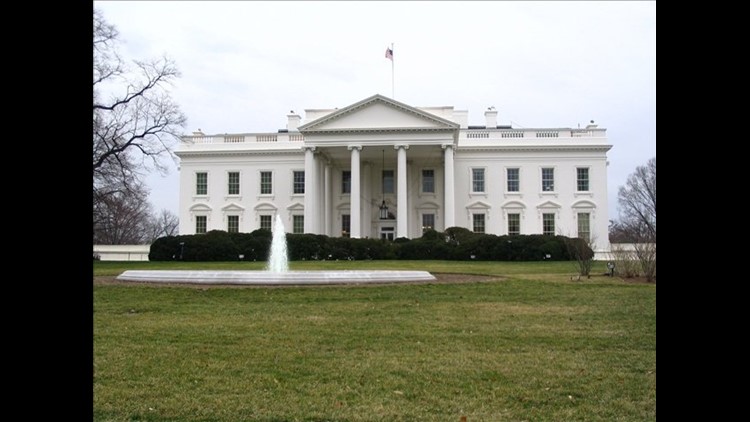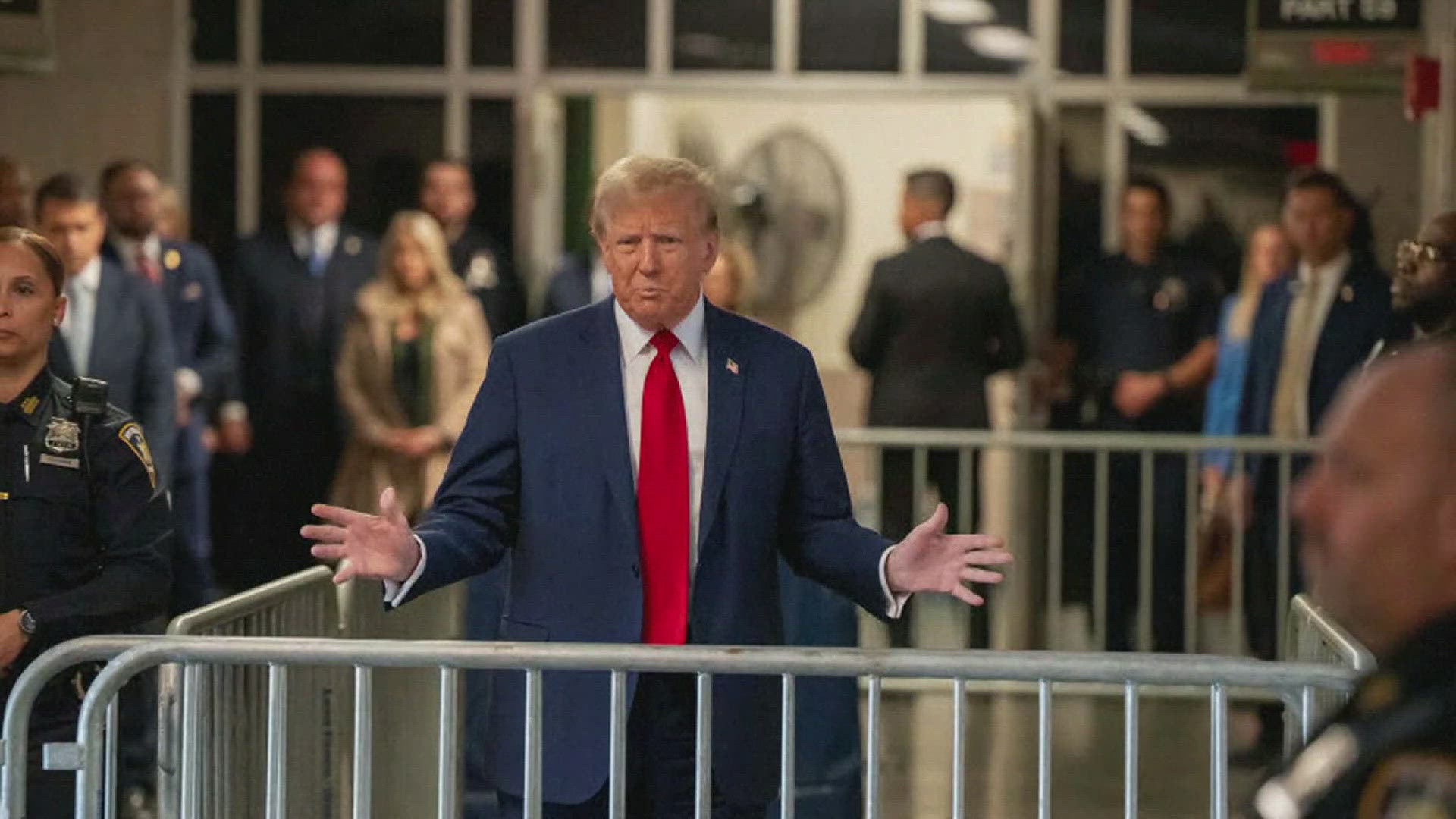(CNN) -- At a time of unrelenting political divisiveness, a bipartisan group of senators claimed a rare victory on Monday following the deal to reopen the government.
Led by centrists Republican Sen. Susan Collins of Maine and Democratic Sen. Joe Manchin of West Virginia, a group of senators met four times behind closed doors throughout the weekend to forge an alliance that would pressure leaders on both sides to come to an agreement.
Collins and Manchin led a similar effort during the 2013 shutdown and early last week they decided to give it another go as negotiations stalled ahead of the shutdown.
The group started out with 17 senators on Friday and expanded to 25 senators by Monday. "That's a pretty powerful number of people who are able to make a difference with their votes and their voices," Collins told reporters.
In exchange for a vote to end the government shutdown, Senate Majority Leader Mitch McConnell pledged his "intention" Sunday to hold a debate on immigration legislation after February 8 if a deal wasn't already struck by then. The compromise proposal was very similar to what the bipartisan group had pitched, Collins said.
Not pleased with the word "intention," Democrats were skeptical at first that McConnell would follow through on his promise. Members of the bipartisan group emerged from their Monday meeting urging McConnell to strengthen his commitment. At the same time, members also urged Senate Minority Leader Chuck Schumer to accept that commitment, if made firmer.
McConnell used the term "intention" again on Monday but delivered what many Democrats described as a more convincing promise with concrete details. Within a couple of hours, the Senate advanced the proposal with the help of more than two dozen Democrats.
Manchin and Collins immediately held a news conference to praise the group's effort and tout its influence in the process.
"It was the decisions made by Mitch McConnell and Chuck Schumer that brought us to this point," Collins said. "But I believe that our group, by giving them specific ideas for how to move forward and because of the size and bipartisan nature of our group, played a very instrumental role in breaking the impasse."
Also closely involved in the talks was Sen. Lindsey Graham, R-South Carolina, who separately helped lead the "Gang of Six" bipartisan group that focused specifically on immigration before the government shutdown.
Can the group stay together?
Graham said he hopes the Collins-Manchin bipartisan talks will now turn to a number of issues, including disaster relief, the budget and defense spending. "The people who kind of were involved in helping the leaders reopen the government need to stay involved in finding solutions."
Sen. Tim Kaine, a Virginia Democrat, said he was "proud" to play a role in the bipartisan group. In a place where trust runs low, he said the group managed to form a degree of trust that helped other rank-and-file members develop trust in Schumer and McConnell.
"There will always be critics," Kaine said, when asked about criticism Democrats faced by agreeing to McConnell's offer. "We know who's in the White House ... but we're living in a reality. I think this is the most likely path to finding a solution for Dreamers."
Sen. Mike Rounds, R-South Dakota, acknowledged the group was "just getting started" in terms of broader efforts, but he said the outcome gave him hope that moderates in the Senate can have more sway in the future. "I think there's a strong sense that we can actually work together," he said.
Some senators expressed a cautiously optimistic view.
"Working in a bipartisan way is quite unusual around here now, and I think that's a step in the right direction," said Sen. Richard Shelby, R-Alabama.
"I think this is a baby step," said Sen. John Kennedy, a Louisiana Republican. "I think it's great that people are talking, but just because 20 people agree to something, doesn't mean that the other 80 are going to agree."



